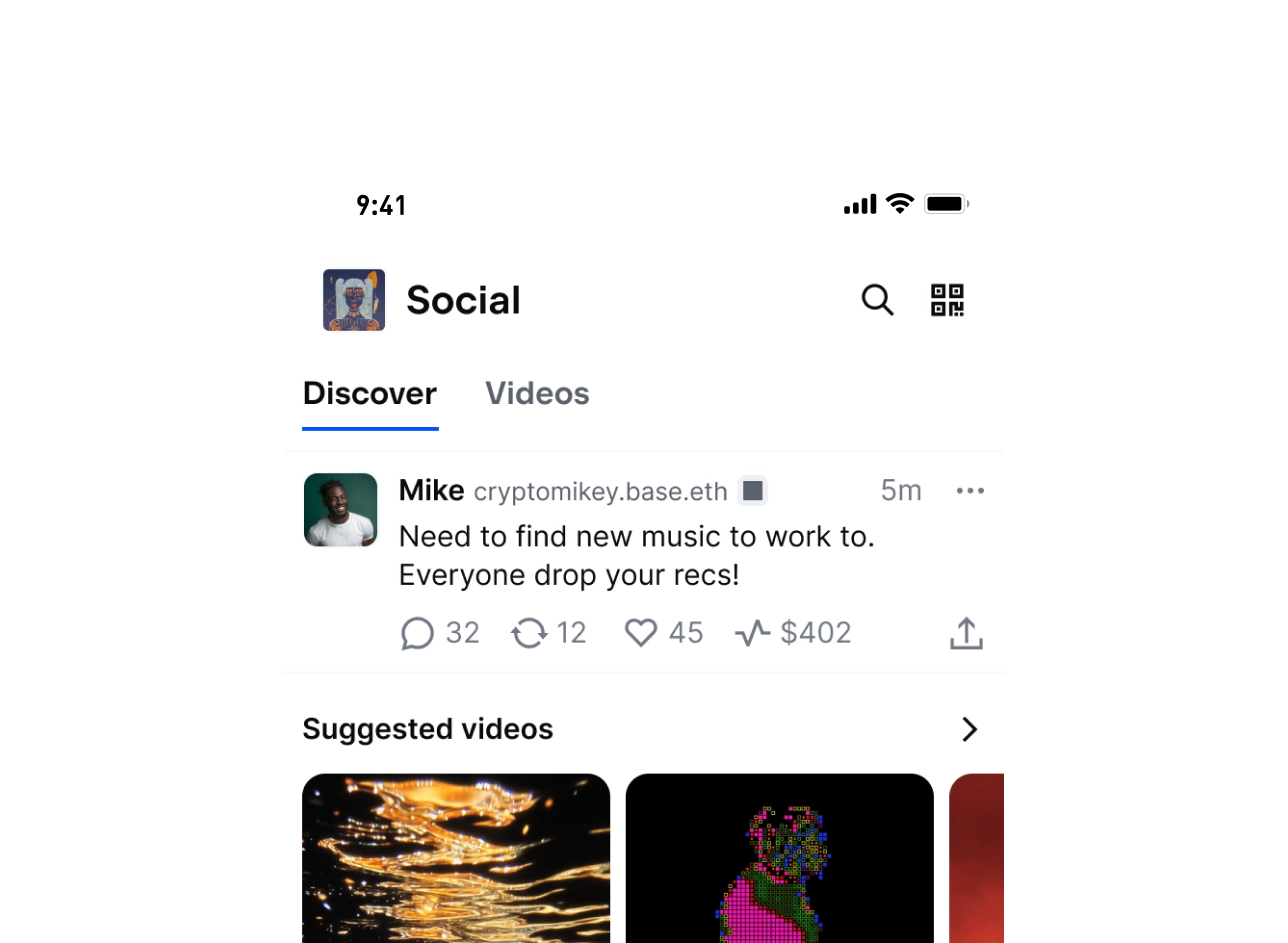

Case Study
"By leveraging Swap API, we were able to increase the number of tokens we could include inour index while also leveraging smart order routing to deliver the best prices."


Swap
API
“Phuture, a decentralized protocol that gives users passive exposure to crypto, utilizes 0x Swap API to power all of its onchain index funds and improve returns for users. Leveraging 0x APIs, Phuture was able to improve capital efficiency and performance of the Phuture DeFi Index.”
- Phuture
Phuture is a decentralized protocol that gives users passive exposure to crypto assets through onchain index funds and structured products. Phuture currently has three products:
For this case study, we’ll focus on its flagship product, the Phuture DeFi Index (PDI), which gives users exposure to the top assets in DeFi weighted by market capitalization (see current index composition here). PDI is an onchain index fund. Additionally, PDI is the first and only DeFi index to have a yield-bearing mechanism, allocating a percentage of its underlying assets into the Yearn Protocol, thus generating additional returns for its users.

The Phuture DeFi Index utilizes a robust methodology that defines which tokens are added to the index. One of the most important criteria is a minimum onchain liquidity threshold (see the entire methodology here).
Previous to integrating with Swap API, Phuture had integrated directly with two DEXs. This meant that a given token's liquidity was restricted to the liquidity within those DEXs, limiting the number of tokens that were added to the PDI.
In 2022, Phuture expressed interest in upgrading its product architecture to increase efficiency, free up internal resources, and improve the index’s performance for its users. Phuture was looking for a trusted partner to help improve its product offering and provide support with these initiatives.
0x Labs’ expertise in DEX markets, along with its reliable, enterprise-grade API infrastructure, proved to be a good fit for Phuture.
After evaluation, Phuture chose 0x Labs as its DeFi infrastructure provider based on:
Superior access to liquidity and smart order routing.
Phuture’s existing DEX integrations did not provide the necessary liquidity for its needs. By leveraging Swap API, Phuture was able to increase the number of tokens it could include in its index while also leveraging Swap API’s smart order routing to deliver the best prices during each rebalance of its index.
Deep DEX expertise
0x Labs’ expertise in the space ensured that Phuture’s product would deliver the experience that its clients came to expect.
With 0x Labs doing the heavy lifting by onboarding new liquidity sources and new chains, it has removed the burden of maintaining the overhead of infrastructure.
Phuture was interested in solving two primary use cases. First, Phuture wanted to source liquidity for the index’s underlying tokens and, second, improve the performance of the PDI index by using Swap API to power entries, exits, and rebalancing.
Index funds are built to represent a certain strategy through time and market activity. The strategy for PDI is to give exposure to the top assets in DeFi, weighted by market capitalization.

Therefore, every month, PDI is rebalanced to ensure the index is adhering to its strategy and methodology regardless of market conditions. This is known as a rebalancing event.Rebalancing events are a central piece of an index fund.
With 10 assets currently composing PDI, selling and buying assets to rebalance and reweight the index is not a simple feat. If rebalancing transactions are not executed with maximum efficiency, it can severely compromise the index’s performance, and therefore make it less attractive to investors.
An index’s rebalancing costs negatively impacts the return that investors will receive. Rebalancing costs come in two forms: trade-related expenses which include price impact, slippage and fees, and Ethereum related costs. Phuture and the other third party operators that execute trades each month for PDI fully cover the Ethereum related costs so investors receive the full benefit of not having to pay for those.
In each rebalancing event, Phuture has executed between six and 15 transactions through Swap API, each worth up to $30,000, with minimum price impact.
The key advancement that Phuture made was moving its entire trade execution for rebalancing onto Swap API. Executing through Swap API allowed Phuture to tap into aggregated DEX liquidity, as well as split a single trade across multiple exchanges in order to get the best executed price.
Other developments were made to the method to calculate the order size for rebalancing trades. These refinements should result in fewer trades and the size of each trade increasing, while remaining within the acceptable price impact limit.
.jpeg)
Overall, the results are quite remarkable, with the total cost of rebalancing PDI with 0x coming in $72.34 cheaper than without 0x, despite the fact that the trade volume was 2.1 times larger.
Compounding this, the average cost of trading with 0x is 15% cheaper than without 0x. This is largely due to the fact that routing the trades through 0x produced more positive slippage scenarios, where the value post trade was actually higher than the value pre-trade.
Further, Phuture’s integration with keep3r network’s CLI has meant that 2 of the trades in August’s rebalancing were executed through flasbots private mempool. The result of this is reduced negative slippage, due to trades not being sandwiched or front run by arbitrageurs.
The number of trades decreased by 36% despite the large increase in traded volume. Reducing the number of trades lowers the total gas fees that are paid to manage the index.
It’s safe to say that capital efficiency and performance can make or break index funds. 0x enables Phuture to make the most effective use of capital and to maximize performance for users every step of the way.
In just a few months, the integration with Swap API has brought significant benefits to Phuture and its users.
The efficiencies that Swap API provides to the Phuture portfolio incrementally add up over time as TVL increases and as more rebalancing events take place, thus continuously improving returns on users’ investments.
15% reduction
in rebalancing costs
36% reduction
in rebalancing transactions
Ready to get started?
Create a 0x account and embed swaps in your app, for free, in less than five minutes.